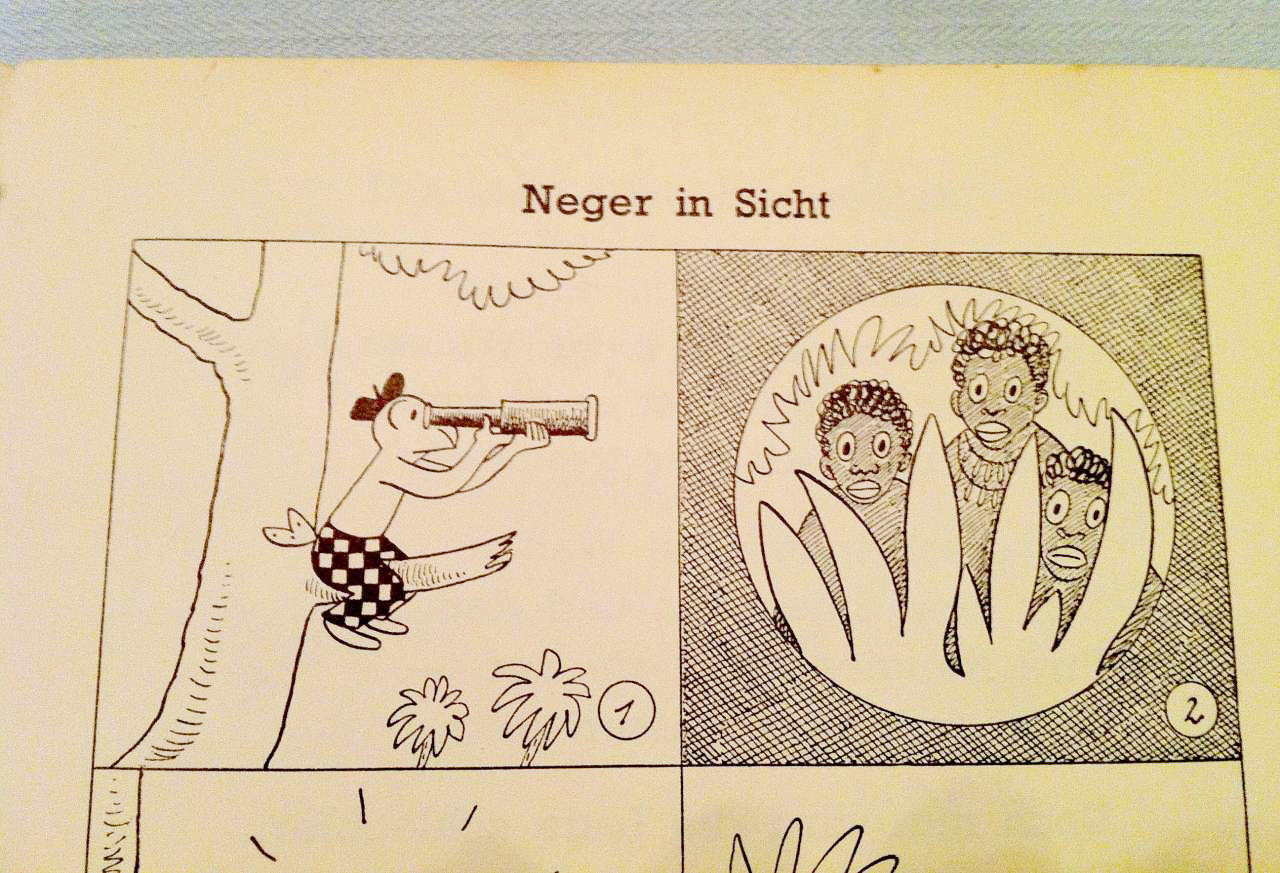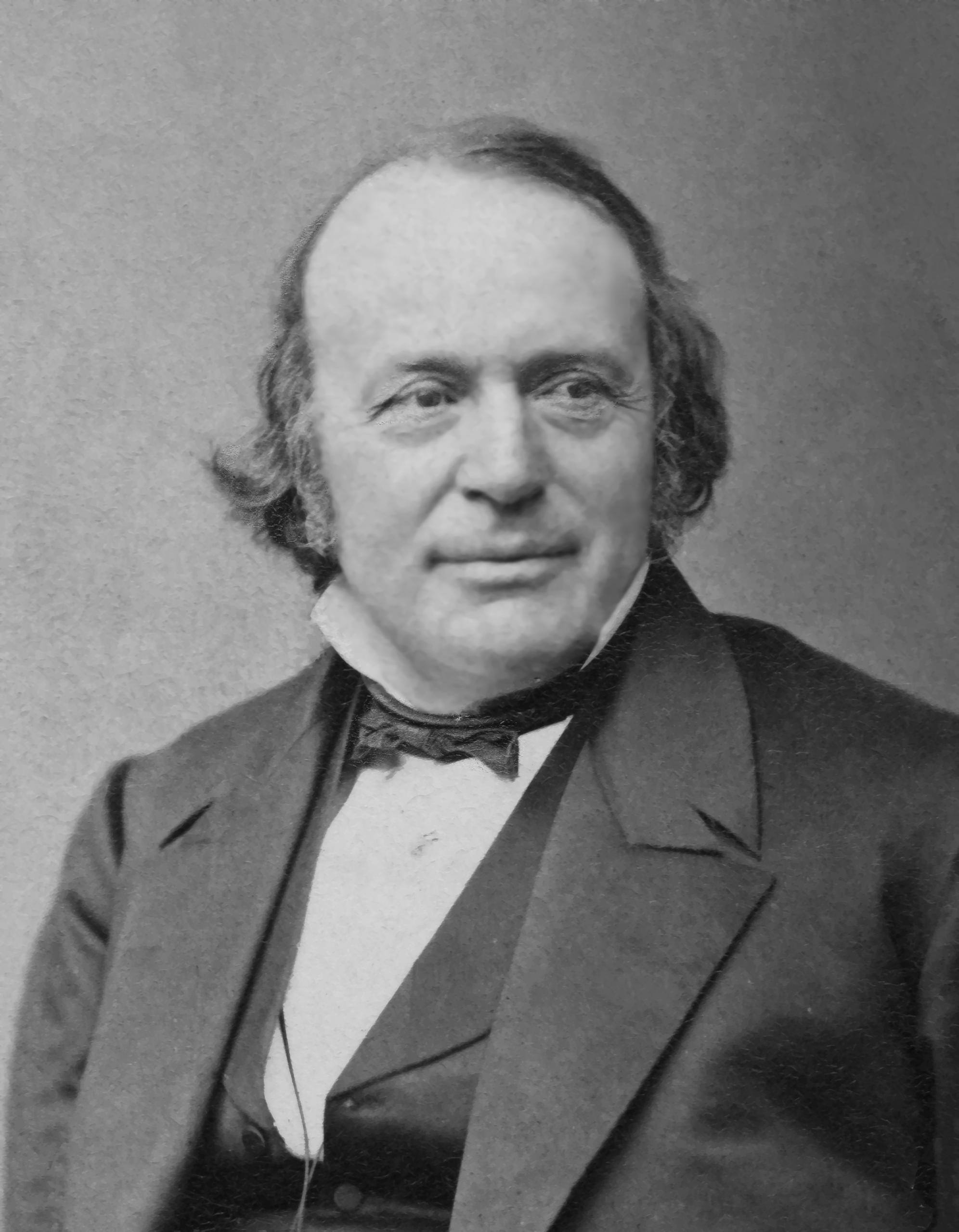The chocolate treat at the heart of a Swiss racism debate
Amid worldwide anti-racism protests, Switzerland’s largest retailer Migros has taken the famous “Mohrenkopf” chocolate confection off its shelves. The name, which means "blackamoor's head", has caused controversy for years, but still finds defenders. Why? A look at the debate.

The “Mohrenkopf” confection has a soft white interior covered in chocolate and was invented in Germany in the 19th century. But its name has been highly criticised over the years as being racist (in the French-speaking part of Switzerland it is now more often referred to as tête du chocolat (chocolate head), but its original name has persisted in the German-speaking part).
In 2017, an online petition urged the popular Swiss “Mohrenkopf” producer Dubler to give the confection another name. At this point Migros, which sold Dubler’s products, did not take any action. But recently, after worldwide anti-racism protests sparked by the death of George Floyd in the United States, the retailer decided to remove Dubler’s “Mohrenkopf” from its shelves in the two Zurich supermarket branches where it was being sold. The 20 Minuten newspaper reported last week that other retailers are considering following suit.
Migros said in a statement on TwitterExternal link on June 10 that “the current debate has moved us to reassess the situation. We realise that this decision will also lead to [further] discussion.”
Dubler has defended its brand, and the company founder told the Blick tabloid that society is the problem and not the name. Back in 2017, Dubler’s refusal to change the name led to a rapid rise in sales. Customers ate more of the sweets out of “solidarity” with a word many consider racist, and young members of the right-wing Swiss People’s Party (SVP) handed them out in pedestrian zones.
Following Migros’ announcement that it would no longer sell Dubler’s products, people lined up outside the factory to purchase them directly and the company says it has had to add extra production shifts to meet demand.
‘White Nostalgia’
The defenders of Dubler’s product name and similar terms argue that they are not demeaning black people but want to make free use of words and symbols that were used unquestioningly in the past. They say this is about white nostalgia in a society where ethnic groups who arrived in Switzerland later are now making themselves heard.
This argument, that words and pictures considered harmless in the past have now been in use for so long that they have become tradition, is not new to Switzerland. This was the theme of a 2018 demonstration which called for maintaining the names of two Basel carnival bands which had been accused of having racist names and symbols from the colonial era. “Hands off our cultural heritage” read one banner claiming the controversial words and images as part of Swiss culture that should be defended.
Children’s stories
Many people in Switzerland grew up amid racist words and symbols. Swiss children’s stories from the second half of the 20th century are teeming with caricatures of black people. For example, Kasperli visits “Negerli” (“little negroes”) in Africa who were not very clever and spoke strangely. In the popular stories about Swiss comic character Globi, all the black characters are depicted as crazy idiots. And well-known storyteller Trudi Gerster called her tale of the young African Wumbo-Wumbo “The Story of the Dumb Negro”. Later, she was persuaded to add: “Not that you should believe all Negro children are stupid. Some even become professors.”

Children’s books and their publishers are seldom featured in the press unless racist words and references are deleted. When that happens, critics compare changes in the vocabulary of children’s stories to the destruction of cultural heritage, with laments for stolen childhood.
Outcry over the fact that these words and images have a complex, violent history is often brushed aside with the argument that this doesn’t apply to Switzerland which, strictly speaking, had no slavery or colonies. This attitude and the naïve use of language resulting from it is now being questioned, protested and held up as an example of systemic racism in demonstrations and movements across the country and the world.
This is an updated and adapted version of the story “Bands and biscuits spark debate over racism and culture”, which was originally published on September 13, 2018

In compliance with the JTI standards
More: SWI swissinfo.ch certified by the Journalism Trust Initiative




You can find an overview of ongoing debates with our journalists here. Please join us!
If you want to start a conversation about a topic raised in this article or want to report factual errors, email us at english@swissinfo.ch.